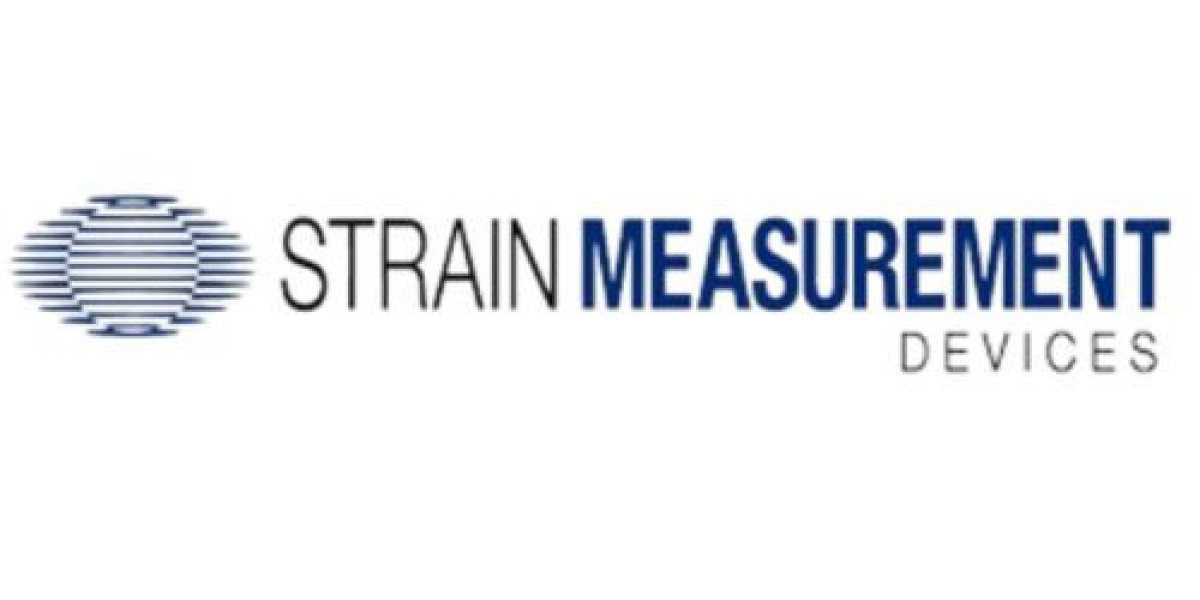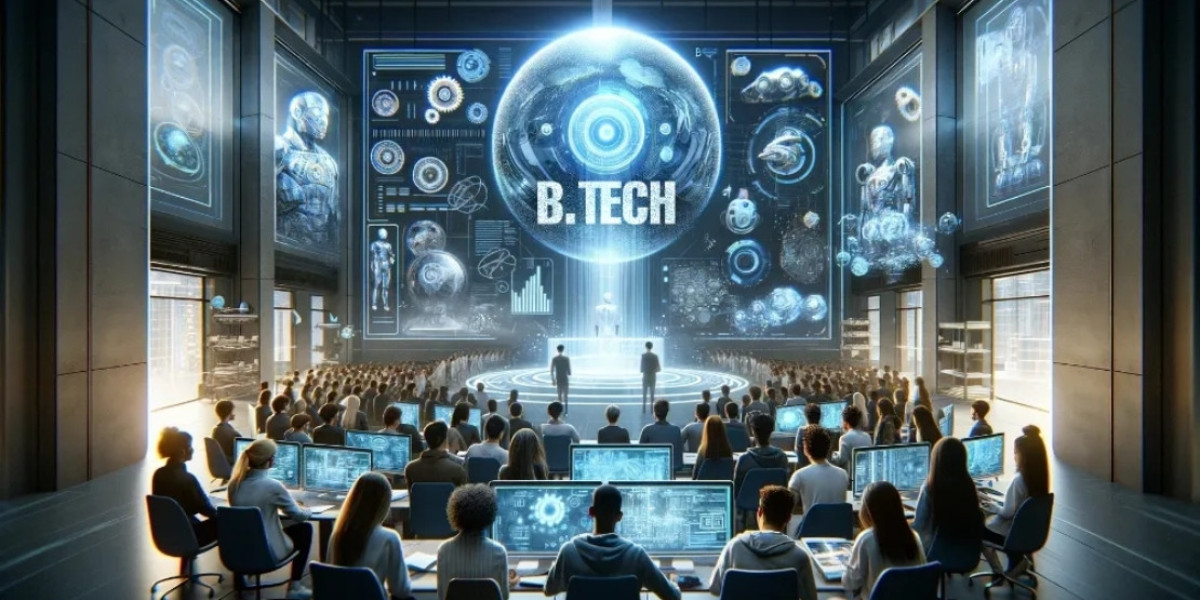In the world of industrial automation, force sensors are emerging as pivotal components that drive efficiency, precision, and innovation. These sophisticated devices measure the amount of force applied to an object, converting mechanical force into an electrical signal that can be analyzed and acted upon. Here’s how force sensors are revolutionizing industrial automation:
1. Enhanced Precision and Control
Force sensors provide unparalleled precision in measuring and controlling forces applied in various industrial processes. Whether it’s in robotic arms assembling delicate electronics or machinery in heavy-duty manufacturing, the ability to monitor and adjust force in real-time ensures higher accuracy and reduces the risk of damage or errors.
2. Improved Safety and Maintenance
By continuously monitoring force levels, sensors can detect anomalies that might indicate equipment wear or potential failures. This predictive maintenance capability helps prevent accidents and unplanned downtimes, enhancing overall safety in the workplace. It also optimizes maintenance schedules, ensuring machinery remains in optimal condition without unnecessary interruptions.
3. Increased Efficiency and Productivity
Automation systems equipped with force sensors can adapt to varying conditions and make real-time adjustments, leading to smoother and faster operations. This adaptability not only improves the speed of production lines but also enhances the quality of the output by maintaining consistent force application throughout the process.
4. Versatility Across Applications
Force sensors are versatile tools used in a wide range of industrial applications, from packaging and material handling to precision machining and quality control. Their ability to provide accurate feedback in diverse environments makes them invaluable in optimizing various automated processes.
5. Integration with Advanced Technologies
As industrial automation evolves, force sensors are increasingly integrated with advanced technologies such as artificial intelligence (AI) and the Internet of Things (IoT). These integrations enable more sophisticated data analysis and decision-making processes, leading to smarter and more autonomous systems.
In conclusion, force sensors are key enablers of modern industrial automation. Their ability to provide precise, real-time force measurement and control not only enhances efficiency and productivity but also improves safety and maintenance. As technology continues to advance, the role of force sensors in industrial automation is set to become even more significant, driving further innovations and efficiencies across various industries.








